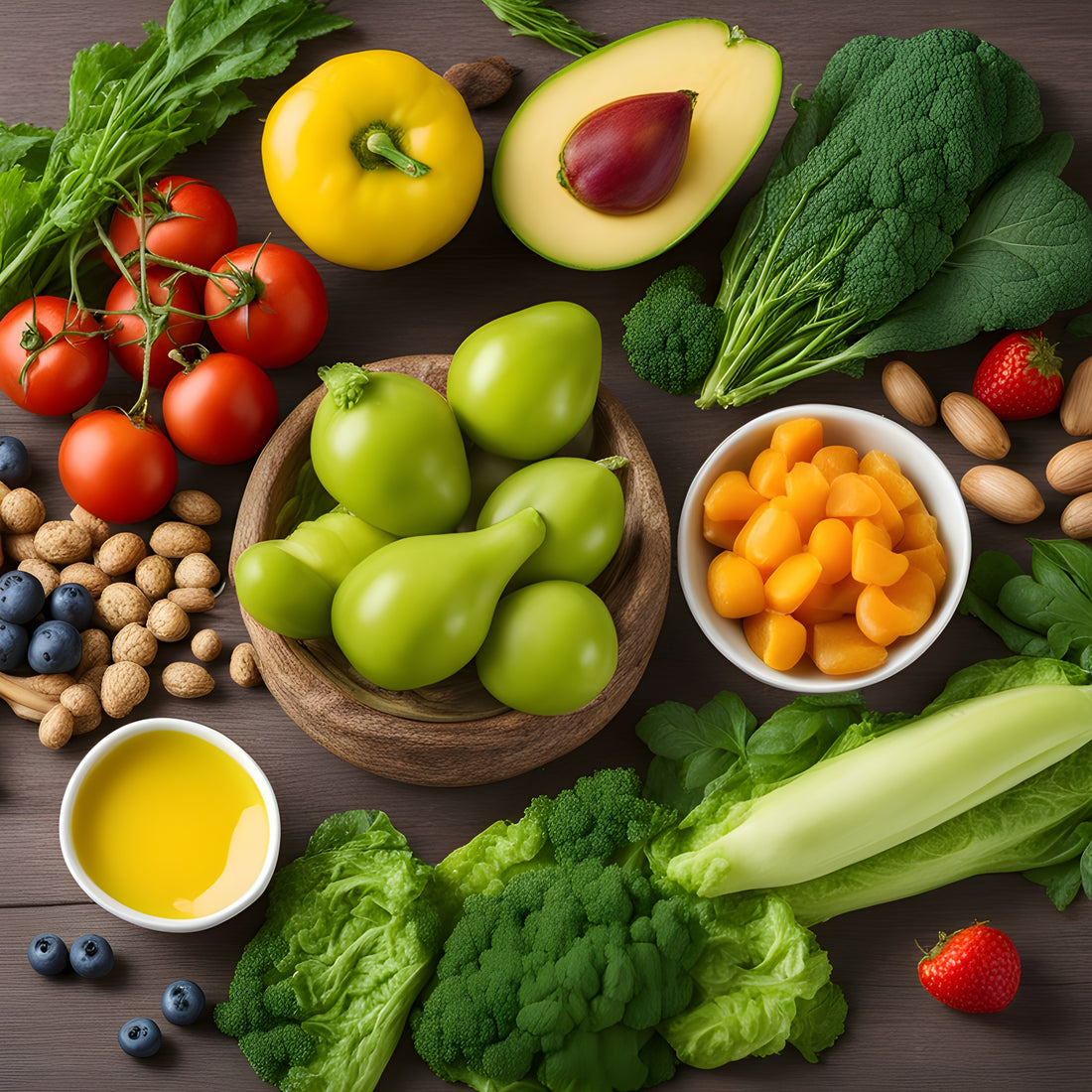
Quercetin vs Fisetin: An In-Depth Comparison of Antioxidants
Share
In the world of natural antioxidants, quercetin and fisetin are two compounds that are gaining attention for their potential to promote health. Let's take a more in-depth look at quercetin and fisetin, and discover what these antioxidants have to offer.
Quercetin in the Spotlight
Quercetin is a flavonoid that is abundant in various vegetables, fruits and herbs. This antioxidant is known for its anti-inflammatory and antioxidant properties. Research suggests that quercetin may help fight free radicals, making it potentially beneficial for several aspects of health.
Benefits of Quercetin:
- Antioxidant Effect: Quercetin neutralizes free radicals, allowing it to reduce cell damage caused by oxidative stress.
- Anti-inflammatory: Studies show that quercetin has anti-inflammatory properties and may help with conditions with an inflammatory component, such as arthritis.
- Heart health: Quercetin is associated with beneficial effects on blood pressure and cholesterol levels, which may promote heart health.
Fisetin: A Rising Star
Fisetin is another flavonoid found in strawberries, apples, onions and cucumbers. Like quercetin, fisetin has promising health benefits and is being studied for its role as a powerful antioxidant.
Benefits of Fisetine:
- Antioxidant Power: Fisetin has strong antioxidant properties that can contribute to the protection of cells against oxidative stress.
- Anti-inflammatory: Research points to the anti-inflammatory effects of fisetin, which may be beneficial in conditions with an inflammatory component.
- Potential Anti-cancer Action: There is some evidence that fisetin has anti-cancer potential, although further research is needed to fully understand this. The mechanism of action is based on the renewal and replacement of old or damaged cells into new cells. This removal is a unique health improvement seen for the first time in a natural substance!
Quercetin vs Fisetin: Key Differences
- Food Sources: Quercetin is found in a wide variety of foods, while fisetin is mainly present in strawberries, apples and onions.
- Bioactivity: Although both antioxidants are powerful, they may have different bioactive properties and interact with biological processes in different ways.
- Research Phase: Quercetin has undergone more research and has a wider range of identified benefits. Fisetin is still relatively new and is still being extensively researched.
Which one to Choose?
The choice between quercetin and fisetin may depend on personal health goals and preferences. A balanced approach may be to include both antioxidants in a varied diet.Do you want to benefit from the benefits of quercetin and fisetin? At Vivetus we offer high-quality supplements that contain these powerful antioxidants.
